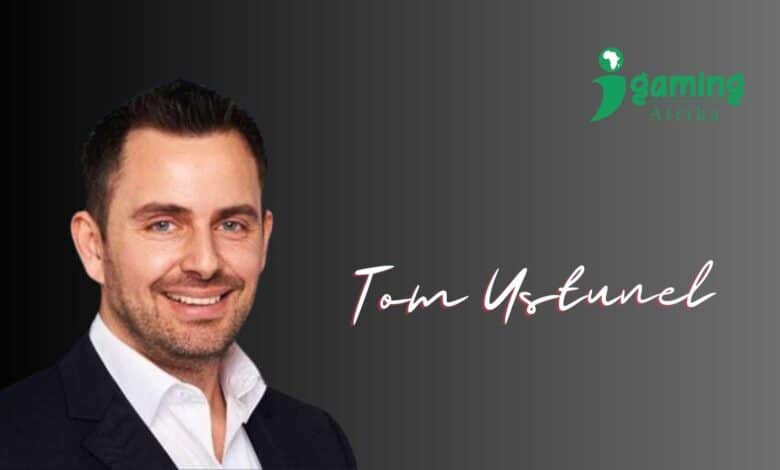
Tom Ustunel has been appointed as the new CEO of Sportingtech, with the aim of leading the company’s expansion in 2024.
Having been with Sportingtech for the past two years, Ustunel brings a wealth of leadership experience from his previous roles in the industry. He was the Chief of Gaming Operations at GameAccount Network (GAN) as well as the Betting and Gaming Director at News UK.
Ustunel expressed his excitement about joining Sportingtech, stating that the company has experienced remarkable success in recent years. He emphasized the goal of not only replicating this success but also building upon it. He also expressed his enthusiasm for working with the talented team at Sportingtech as they strive to establish themselves as the leading provider for operators.
The decision to appoint Ustunel as CEO aligns with Sportingtech’s plans for growth in the Latin American (LatAm) market in the upcoming year. This strategic move also coincides with several internal promotions within the company.
Read Also: Takealot signs new partnership with SuperSport Schools
This announcement follows the previous appointment of Michael Jack as CTO in September 2023. Jack, who brings over 15 years of industry experience, joined Sportingtech as part of their efforts to expand in Brazil and other Latin American markets. Tom Ustunel Sportingtech
Sportingtech has actively pursued partnerships in the region, including providing its Quantum sportsbook platform to operators in Brazil and collaborating with Evoplay to offer a library of games popular in LatAm countries.






















